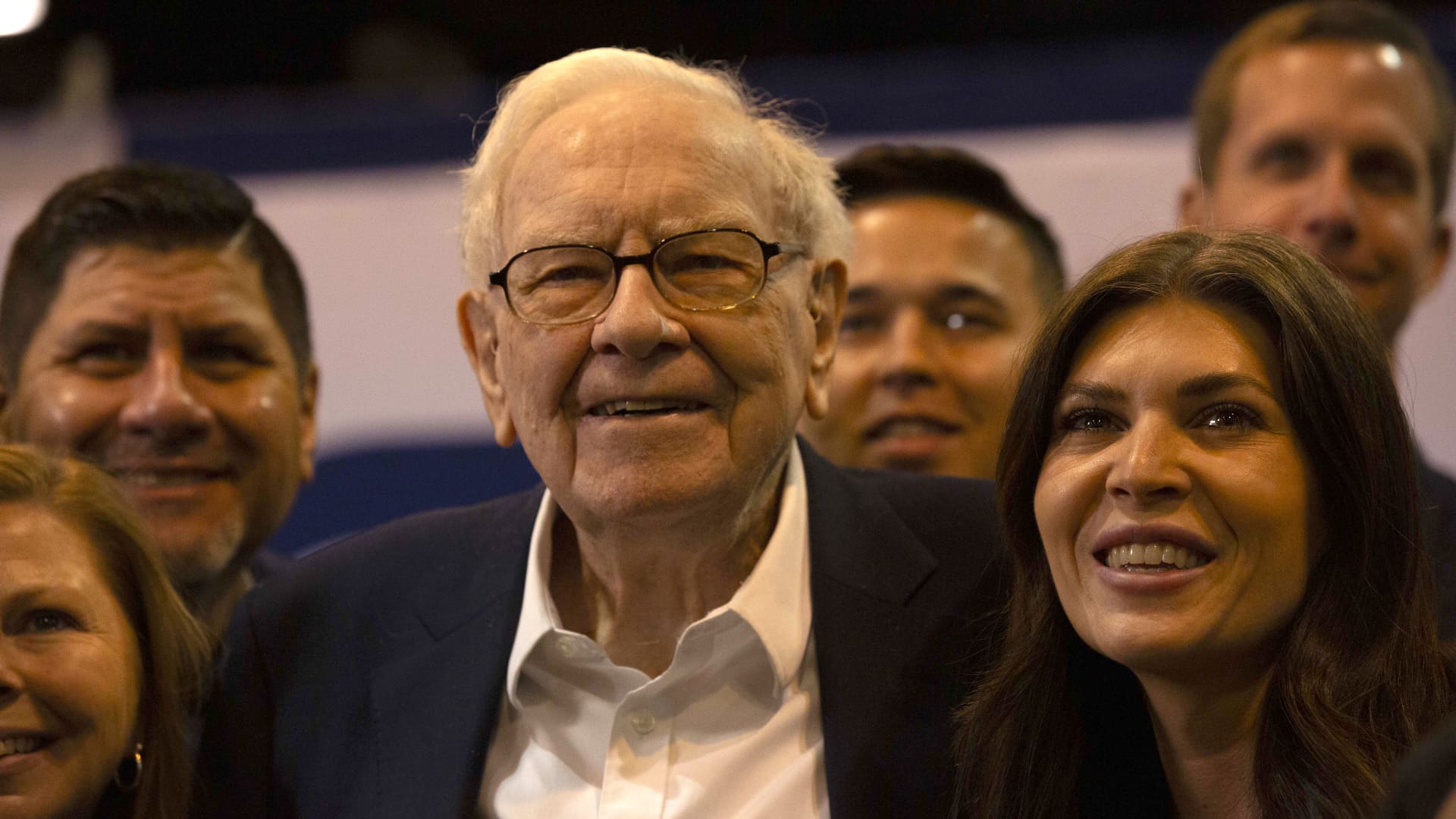China counters Trump’s accusations of Geneva trade deal violations, says U.S. undermining consensus


Conflict between USA and China, male fists – governments conflict concept
Yaorusheng | Moment | Getty Images
China on Monday refuted Washington’s claims that it had broken the Geneva trade agreement, instead accusing the U.S. for breaching deal terms, signaling talks between the worlds top two economies have taken a turn for the worse.
Trade frictions between Washington and Beijing have flared up after a hiatus following a meeting between U.S. Treasury Secretary Scott Bessent and his Chinese counterpart He Lifeng in Geneva, Switzerland, that had led them to suspend most tariffs for 90 days.
The Trump administration has ratcheted up export restrictions on semiconductor design software and chemicals to China, while announcing it would revoke visas for Chinese students, drawing ire from Beijing.
Those steps “seriously undermine” the deal reached in Geneva, a Chinese commerce department spokesperson said, while vowing that Beijing would take measures to safeguard its rights and benefits, if the U.S. presses ahead with actions that “damage China’s interests.”
China has kept a firm grip on its rare earths exports, contrary to Washington’s expectations. Chinese state media in an article Monday touted coordinated efforts across the nation on scrutinizing and curbing illicit mining and exports of critical minerals.
Beijing is “comfortable taking an extremely firm stance in these negotiations” and “sees no reason to roll over,” said Stephen Olson, visiting senior fellow at Yusof Ishak Institute in Singapore.
“It is well understood in Beijing that any deal reached with the U.S. will only buy some short-term peace, not the end of the story,” Olson added.
The U.S. has continued to “unilaterally provoke new economic and trade frictions, increasing the uncertainty and instability in the bilateral economic and trade relations,” the Chinese spokesperson said.
Last Friday, President Donald Trump accused China of violating its preliminary trade agreement with the U.S. In a social media post, Trump wrote, “China, perhaps not surprisingly to some, HAS TOTALLY VIOLATED ITS AGREEMENT WITH US. So much for being Mr. NICE GUY!”
Trump appears to be reacting to frustration over China’s “slow moves” on easing rare earths’ exports, which he sees as conflicting with the Geneva agreement, said Bert Hofman, professor at the East Asian Institute at the National University of Singapore.
Chinese commerce ministry said the U.S. accusations were “seriously contrary to the facts,” claiming that Beijing had “strictly implemented and actively upheld” the agreements, citing its steps to cancel and suspend certain tariff and non-tariff measures announced in April in response to Trump’s “reciprocal” tariffs.
Trump-Xi call
Bessent said in a Fox News interview last week that bilateral trade talks were “a bit stalled,” requiring the two countries’ leaders to speak directly.
Dennis Wilder, a former senior White House intelligence official, attributed the deteriorating bilateral relations in part to the lack of coordination across U.S. government agencies. Bessent might not have been a part of the decision-making for the new chip export curbs and student visas policy, Wilder added.
The National Security Committee was in charge of coordinating inter-agency government work at the White House, but it is now “in turmoil” as Trump ordered a major overhaul that will shrink its size, he said.
“Bessent is desperate for the president to get on a call with Xi … to weigh in and install some coherence in the government policies,” Wilder added.
National Economic Council Director Kevin Hassett signaled Sunday that Trump and Xi could talk on trade as early as this week. While the U.S. appears to seek a call, it is unlikely for that to happen in the near term, experts said, citing deep-seated differences between the two governments.
“The U.S. side seems very keen on a Trump-Xi meeting or phone call. This caters to Mr. Trump’s desire to be seen as the master dealmaker. In contrast, the Chinese tradition is the opposite: leader’s meeting or call should take place once lower level officials have reached major agreements, with few if any points outstanding,” said Hofman.
Tensions between the U.S. and China have risen beyond just trade, further diminishing chances of talks between the two leaders.
Addressing the annual defense summit Shangri-La Dialogue on Saturday in Singapore, Pentagon chief Pete Hegseth warned that the threat from China’s mounting military pressure in the Indo-Pacific region was “real” and “imminent,” urging allied nations to boost defense spending to push back against Beijing.
China’s defense minister was absent at this year’s summit, a rare departure from its tradition of dispatching the top military official to the annual event for the first time since 2019.
Responding to Hegseth’s remarks, China’s embassy in Singapore said “the U.S. itself is the biggest ‘troublemaker’ for regional peace and stability.” A spokesperson for China’s defense ministry criticized Hegseth on Sunday for “instigating cold-war mentality” and “severely challenging China’s sovereignty and rights.”










